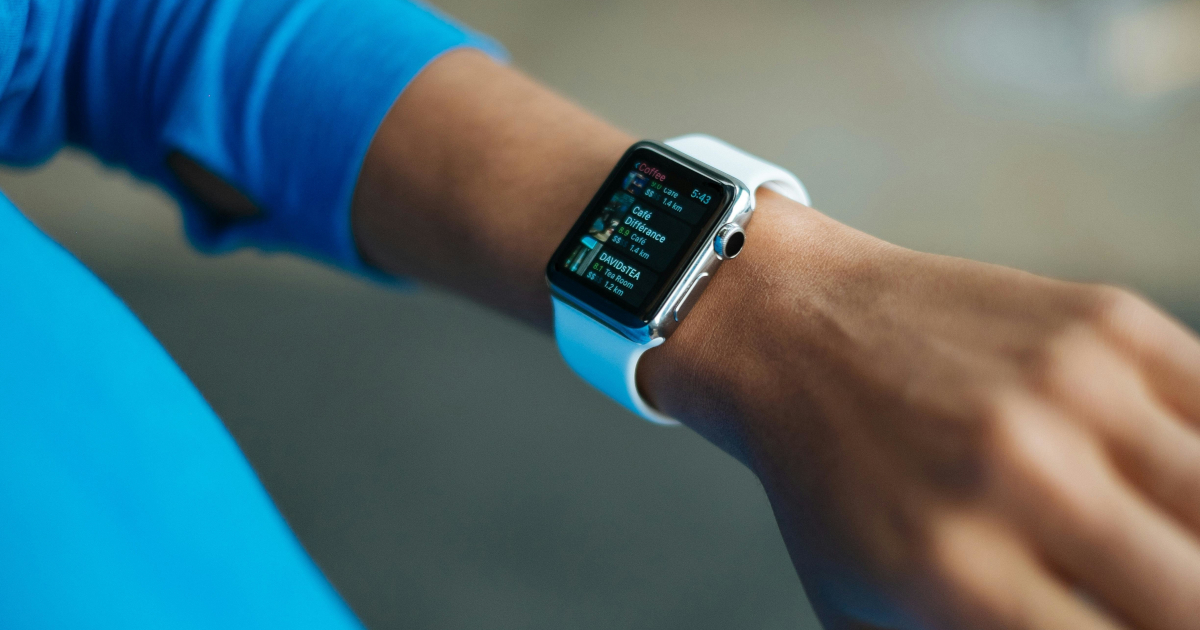Digital Tinnitus: The Hidden Health Risk of Modern Technology

Summary
Full Article
A new health phenomenon called 'Digital Tinnitus' is emerging as a significant risk for users of modern digital devices. Recent studies, including the Apple Hearing Study, indicate that 78% of participants have experienced tinnitus, with digital device usage playing a critical role in its development.
The World Health Organization warns that approximately 1.1 billion people aged 12-35 are at risk of developing this condition through prolonged exposure to digital audio devices. Digital Tinnitus manifests as continuous high-pitched sounds, humming, or beeping noises in the ears, even when no external sound is present.
Unlike traditional tinnitus, digital tinnitus can be mitigated through preventive measures. Experts recommend the 60/60 rule: keeping device volume below 60% and limiting daily usage to 60 minutes. Additionally, using open-type earphones and choosing speakers over in-ear devices can help reduce risks.
Neurological research suggests that tinnitus results from incorrect auditory brain circuits. Nutritional interventions, including supplements like L-theanine, St. John's Wort, Vitamin B12, and Zinc, may help manage and potentially reset these neural pathways.
As digital device dependency increases globally, early recognition and proactive management of Digital Tinnitus become crucial for maintaining long-term hearing health. Medical professionals emphasize the importance of monitoring initial symptoms and seeking specialized diagnosis if conditions persist or worsen.

This story is based on an article that was registered on the blockchain. The original source content used for this article is located at 24-7 Press Release
Article Control ID: 53936